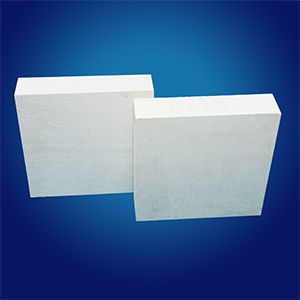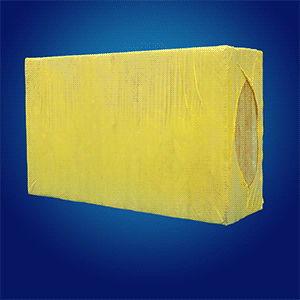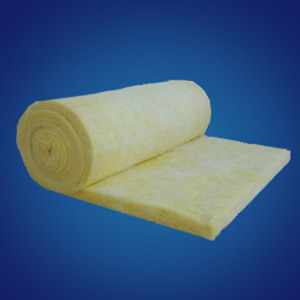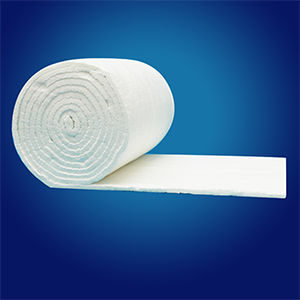
If you have any need for our products, please contact us in time
Contact Us
Rosewool Ceramic Fiber Board
Posted by:Yolanda Date:18.Oct.2019
Rosewool ceramic fiber board, also known as aluminum silicate fiber board, maintains good mechanical strength even after heating. This product is a fiber insulation product that is rigid and has support strength compared to fiber blankets and felts.
Production Process:
Various aluminum silicate fiberboards are made of corresponding ordinary, standard, high-purity, and zirconium-containing aluminum silicate fiber as raw materials, and are dried and machined by vacuum forming or dry process.
In addition to the excellent properties of the corresponding bulk aluminum silicate fiber cotton, the various aluminum silicate fiberboards are hard in texture, excellent in toughness and strength, and have excellent wind erosion resistance. Heating does not expand, light weight, convenient construction, can be cut and bent arbitrarily, is an ideal energy-saving material for kiln, pipeline and other thermal insulation equipment.
Classification temperature:
Ordinary ceramic fiber board 1100 ° C
Standard ceramic fiber board 1260 ° C
High-purity ceramic fiber board 1260°C
High aluminum ceramic fiber board 1360 ° C
Zirconium-containing ceramic fiber board 1430°C
Operating temperature:
It depends on the type of heat source, the ambient atmosphere and the conditions of use of the material.
Technical characteristics:
Low thermal conductivity, low heat capacity
Excellent thermal shock resistance
High compressive strength and good toughness
application:
Industrial kiln wall lining, masonry insulation
Kiln lining, kiln car, furnace door baffle, kiln furnace temperature partition plate of high temperature kiln
High temperature, high heat equipment insulation, insulation
Aerospace, shipbuilding industry insulation, fire, sound insulation, insulation.
Production principle
The blown fiber (short fiber, fine, easy to break and mix) is used as the raw material of the ceramic fiber board, a certain proportion of the binder and the filler grade additive are added, and the slurry is fully dispersed into the slurry in the matching tank through the beater. Use a pump to drive into the forming bath and stir with compressed air. The mold is placed in a molding bath, and the fiber slurry is adsorbed onto the mold by the principle of vacuuming. The adsorption time is precisely controlled, the fiber wet material is vacuum dehydrated, demolded, and placed in a tray drying oven for drying for 10-24 hours. The dried fiberboard is precisely controlled by a special grinding machine and trimming machine.
Traits and characteristics
In addition to the excellent properties of the corresponding ceramic fiber wool, the ceramic fiber board has a hard texture, excellent toughness and strength, and excellent wind erosion resistance. Heating does not expand, light weight, convenient construction, can be cut and bent arbitrarily, is an ideal energy-saving material for kiln, pipeline and other thermal insulation equipment.
1. High compressive strength and long service life
2. low heat capacity, low thermal conductivity
3. non-brittle material, good toughness;
4. the size is accurate, the flatness is good;
5. easy to cut and install, convenient construction;
6. excellent resistance to wind erosion;
7. Continuous production, uniform fiber distribution and stable performance.
Application range
1. Backing insulation of kiln in cement and other building materials industries;
2. Kiln backing insulation in petrochemical, metallurgy, ceramics and glass industries;
3. The backing insulation of the heat treatment kiln;
4. Non-ferrous metal industry backing insulation;
5. high temperature reaction, heating equipment backing insulation.







